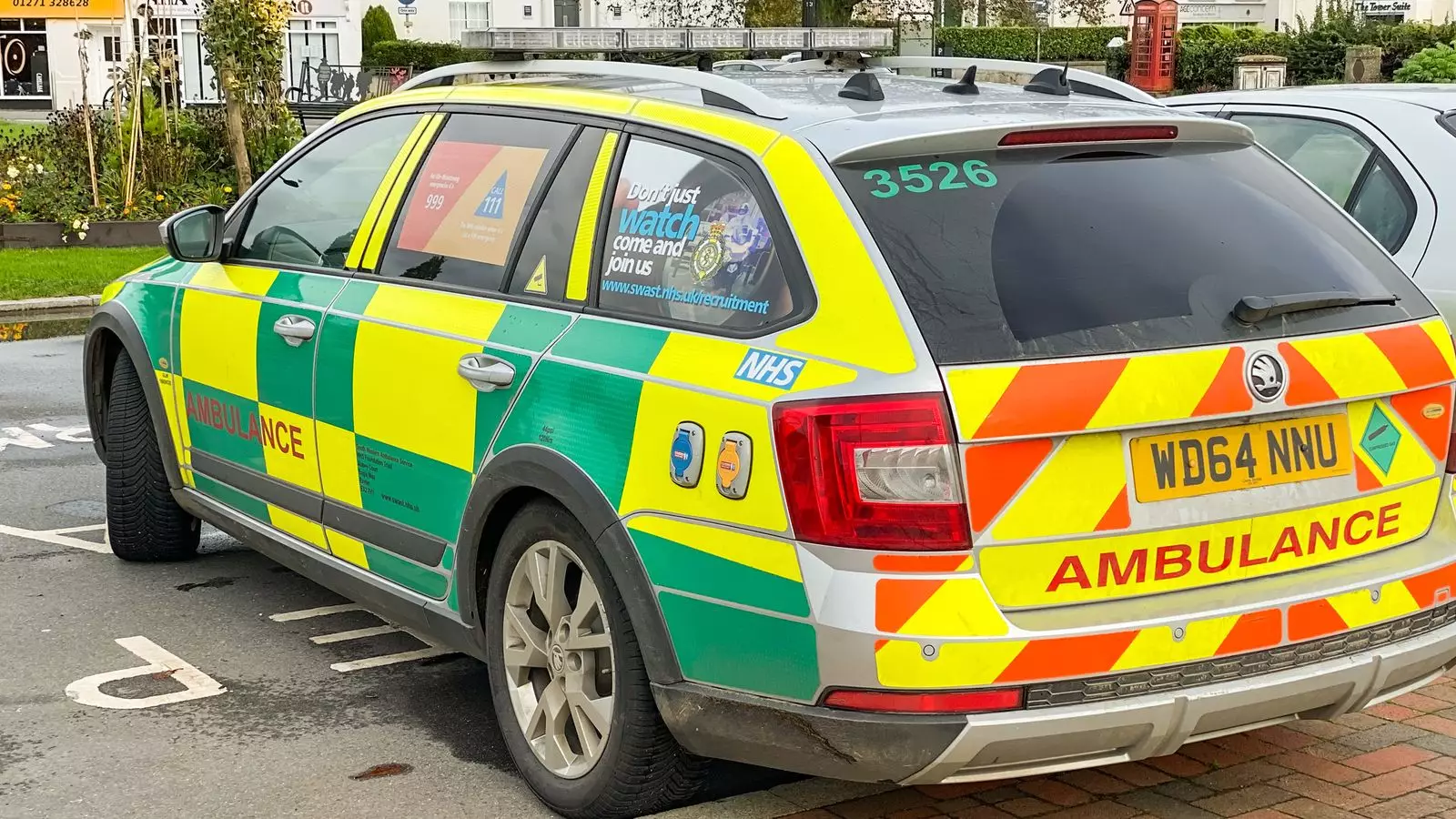The NHS in Devon is facing significant pressure in its hospital emergency departments due to the ongoing strike by junior doctors. This has prompted the healthcare system to take additional measures to ensure the safety of patients. The strike, which began on Wednesday, September 20 and ended on Saturday, September 23, has resulted in difficulties in filling rotas, particularly on Thursday and Friday evenings. Although consultants ended their separate 48-hour strike on Thursday morning, there is still a shortage of clinical staff in hospital emergency departments, leading to the implementation of the highest level of escalation, OPEL 4, by the NHS in Devon.
In order to help A&Es cope with the reduced staffing levels, the NHS in Devon is considering several measures. One of the potential solutions is redirecting non-critically ill patients in Devon to alternative services, allowing the limited number of staff to focus on caring for patients in need of emergency treatment. Additionally, ambulances attending call-outs across Devon and parts of South East Cornwall may need to transport patients to a different emergency department than their local hospital if it means they can be seen more quickly. This decision will be based on the needs of the patient and the pressures experienced by the emergency departments at the time.
While health workers have been working diligently to address the impact of the strikes, the NHS in Devon is ready to deploy further measures if necessary in the coming days. The healthcare system acknowledges the efforts of its employees in managing the situation and is committed to ensuring the safety of patients and staff during this period of extreme pressure caused by the industrial action.
The NHS in Devon emphasizes that when someone is seriously ill, injured, or at risk of losing their life, it is crucial to call 999 immediately. However, for patients requiring urgent treatment but not exhibiting symptoms of a life-threatening condition, it is recommended to call 111 or use the 111 service online. By following this advice, individuals can access the appropriate level of care based on their medical needs.
Dr. Nigel Acheson, the Chief Medical Officer of Devon, assures the public that every effort is being made to ensure the safety of patients and staff during this challenging time. The NHS in Devon is prepared to implement any necessary measures to provide the required help to individuals who are most in need of healthcare services.
The strike by junior doctors has created significant challenges for the NHS in Devon, particularly in hospital emergency departments. To mitigate the impact of reduced staffing levels, the healthcare system is implementing various measures, including redirecting non-critical cases and potential re-routing of ambulances. The NHS in Devon is fully committed to the safety and well-being of its patients and staff, and stands ready to implement additional measures as needed. By following the guidance provided by the NHS, local residents can ensure they receive the appropriate level of care for their conditions. Through the collaborative efforts of healthcare professionals, the NHS in Devon aims to overcome the challenges posed by the strike and continue providing high-quality care to those in need.


Leave a Reply